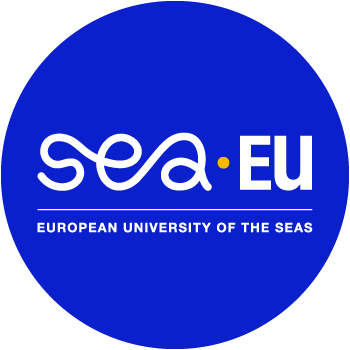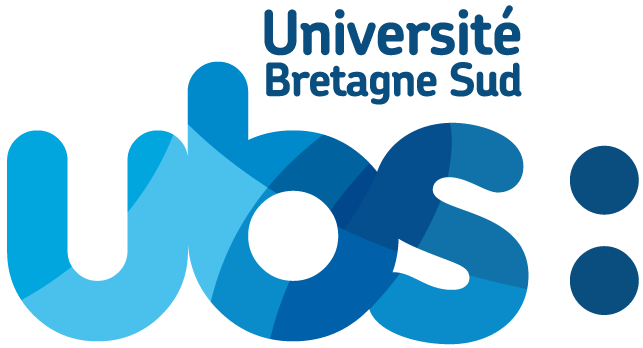
Upcoming Event:
ASCET 2024 Webinar
Aesthetic and Social Constructions of Energy Transition
22 January 2024 | 16:00 – 18:00 (GMT) | 17:00 – 19:00 (Paris; Oslo)
- Keynote from Dominic BOYER (Rice University, USA): " Learning to Live in 3D: Decarbonization, decoupling and degrowth"
- "Forgetting Fossils, Figuring Futures": a roundtable with Lucie de CARVALHO (University of Lille, France); Katja LINDSKOG (Yale University, USA); Graeme MACDONALD (University of Warwick, UK); Katie RITSON (Rachel Carson Center, Germany)
Register here: https://site.nord.no/ascet/2024-webinar/
The ASCET (Aesthetic and Social Constructions of Energy Transition) Project examines the representation of climate emergency and energy transition in arts, literature, and media, exploring the interactions between word and image, the political and cultural aims underlying different representations, and the potential legitimization of renewable energy. How do hydropower plants and wind farms alter and inform our perceptions of coastal and marine space? How are artists, writers, energy companies and governments reconfiguring their representational practices in an era of energy transition, one that engenders a markedly different temporal and cultural construction of the space we live in? In particular, ASCET aims to:
promote an aesthetic transition that would facilitate energy transition at the local, national, and international levels
theorise aestheticized perceptions that can collapse the Manichean dichotomization of ‘good’ and ‘bad’ technologies, progress and stagnation, technophobia and techno-utopianism
design and disseminate educational resources and open science materials



